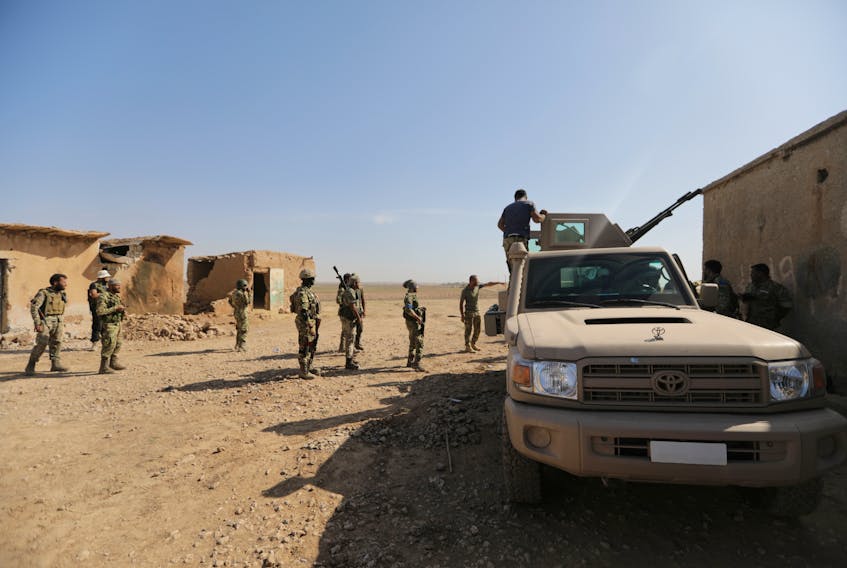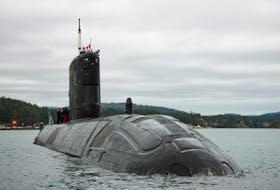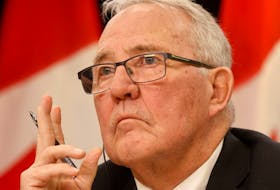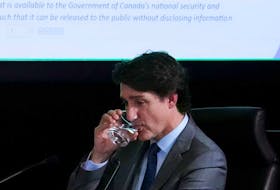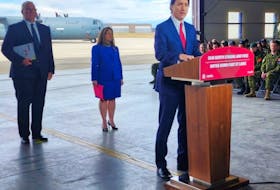In the wake of Turkey’s military offensive against Kurdish forces in northern Syria, we have seen a complex regional conflict dumbed down to the simple equation of “Trump bad.” It was in the immediate aftermath of U.S. President Donald Trump announcing the withdrawal of U.S. forces from the region, that Turkey’s President Recep Erdoğan launched his cross border attack.
The over simplistic and emotional response from U.S. politicians and pundits was that the Kurdish forces had assisted American troops in defeating Daesh (aka ISIS or ISIL) and now it seems that for strategic expediency, Trump is abandoning these loyal allies to the mercy of the evil Turks.
On the surface it appears to be an open and shut case of simple betrayal on the part of the Donald.
However, let’s start adding some context and modern history to the equation in order to cloud the issue a little. First of all, there is no legal premise for U.S. forces to be in Syria in the first place. They were not invited into the fight against Daesh by Syrian President Bashar al-Assad. The U.S. were invited back into Iraq by the Baghdad regime in 2014 to fight off the Daesh scourge and the Pentagon simply chose to ignore the border with Syria.
While the Americans may have aligned themselves with Kurdish fighters, the list of coalition partners fighting against Daesh also included the Russian military, Iran’s Revolutionary Guard, Iraqi Shiite militia, Hezbollah and forces loyal to Assad. I don’t think anyone would shed crocodile tears for any of these erstwhile anti-Daesh allies should Trump turn his back on them.
For the record, while the Syrian Kurdish forces fought against Daesh they also were upfront and honest about the fact they were ultimately fighting to establish an independent Kurdish state.
It has been this dream of an independent Kurdistan that has allowed outside players like the U.S. to exploit the Kurds to their own advantage for decades. Large Kurdish minorities exist in Syria, Iraq, Iran, Armenia and Turkey. Any creation of an independent Kurdistan would only inflame existing separatist Kurdish movements in these neighbouring countries.
Throughout all the discussions of long term regional solutions I have yet to hear anyone discuss a proposal to redraw the map of the Middle East in order to carve out a Kurdistan.
The official position of Global Affairs Canada is that we recognize the existing borders of Iraq and Syria under the centralized governments of Baghdad and Damascus. This is what made it so bizarre when the Canadian military senior leadership in 2014 authorized Canadian special forces trainers to wear the flag of Kurdistan on their uniform while working with Kurdish fighters in northern Iraq.
When this policy was questioned in the Canadian media, the military petulantly stuck to their guns and continued the practice of our soldiers wearing the flag of an unrecognized breakaway territory. The Pentagon had a quiet word with our brass and the flags were subsequently removed.
Now that Trump has abandoned the Syrian Kurds, such an example of Canada’s naiveté in affairs of the Middle East seems even more embarrassing in retrospect.
For their part the Turks claim they are battling Kurdish terrorists in Syria in order to create a 30-kilometre safe zone. The plan is to then resettle a large portion of the three million Syrian refugees presently housed in camps on Turkish soil.
It is also true that not all Kurds can be considered equal. The Peoples Worker Party (PKK) has been waging a bloody insurgency in eastern Turkey for more than three decades. Over 40,000 people have been killed in those clashes, and more importantly the U.S., NATO, the EU and Canada all officially recognize the PKK to be a terrorist organization. Ditto for the notorious al-Qaeda Kurdish battalions in northern Iraq.
Western media almost never mentions the Turkish speaking Turkmen minority in northern Syria and Iraq as that would only further complicate an already confusing equation.
Turkey is also a NATO ally, and at the end of the day that fact alone would appear to trump any sentimental notion of a Kurdish state.
Former U.S. Secretary of State Henry Kissinger summed it up best back in 1975. He had just sold out the Iraq Kurds to Saddam Hussein with the signing of the Algiers agreement and Kissinger retorted “covert operations should not be confused with missionary work.”
That sounds like something Trump would tweet.

